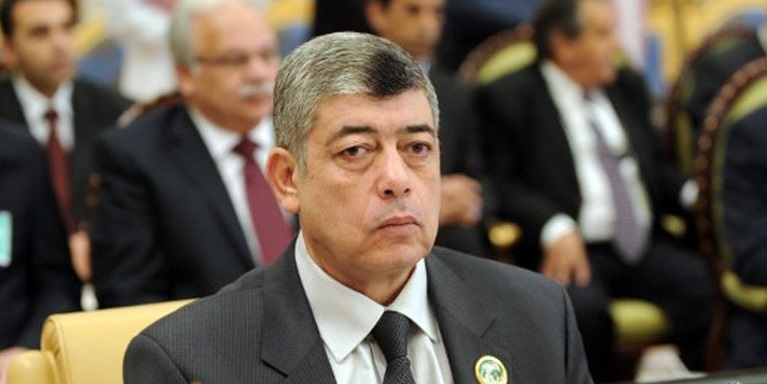Russia is interested in a quick resolution to ending the bloodshed between Armenia and Azerbaijan, Russia’s Ambassador to Egypt, Georgiy Borisenko, has told Daily News Egypt.
The country had brokered a temporary ceasefire between the two warring countries, which in theory was to start on 10 October. However, violations to the truce have been reported, as both Armenia and Azerbaijan accused each other of violating the truce.
“We are aware of the announcements about the ceasefire violations, and hope that both sides will abide by the agreements and give the corresponding orders to their armies,” the ambassador said.
He described the situation in the disputed Nagorno-Karabakh region as “sensitive and painful issue for Russia”.
“Russia has deep-rooted connections with both Armenia and Azerbaijan in terms of history, economy and culture,” Borisenko said, “Moreover, there are ties of relationship between our nations and millions of ethnic Armenians and Azerbaijanis live in Russia.”
Meanwhile, the ambassador noted that Moscow has exerted significant efforts towards establishing a ceasefire between the two sides in the immediate aftermath of clashes on 27 September.
“President Vladimir Putin discussed this issue with Armenia and Azerbaijan’s Heads of State on the phone,” Borisenko added, “Putin also touched upon the situation in the Nagorno-Karabakh region during his phone conversation with his Turkish counterpart, as Ankara takes an active pro-Azerbaijani stance.”
The ambassador highlighted that Russia, which claims neutrality in the conflict, is looking forward to its Turkish partners playing a constructive role in this situation, despite the latter’s position in favour of Baku.
“The military solution to this conflict is unacceptable,” he said, “The continuing clashes will only cause new suffering to the Armenian and Azerbaijani people, together with military and civilian casualties from both sides.”
“Russia expects that the bloodshed will be stopped and the solution to the problem will be found through negotiations based on the centuries-old historical experience of co-existence between Armenians and Azerbaijanis, for example, during the Soviet era,” he added.
The two former Soviet republics agreed on a temporary ceasefire, starting on 10 October, during which they would exchange prisoners, and allow them to recover the bodies of those killed during the two weeks of fighting.
On Tuesday, Russia’s Minister of Defence Sergei Shoigu expressed, to his Turkish counterpart Hulusi Akar, Moscow’s concerns over the transfer of “militants of terrorist groups” from the Middle East to the Nagorno-Karabakh region.
Late on Friday, Russia’s Minister of Foreign Affairs Sergei Lavrov announced that Saturday’s truce had been reached following high-level talks in Moscow, between the Ministers of Foreign Affairs from Russia, Armenia, and Azerbaijan.
Russia, the US, and France are co-chairs of the Organization for Security and Co-operation in Europe’s (OSCE) Minsk Group. The group has led mediation over the disputed Nagorno-Karabakh region since 1992.
The recent round of violence, which is the worst in decades, resulted in the killing of hundreds on both sides, amid fears that the actual death toll among military personnel from all sides might be higher.
The Nagorno-Karabakh region, which lies in Azerbaijan but is run by an ethnic Armenian majority, has long been a matter of contention between the two sides.
After the collapse of the Soviet Union, ethnic Armenians in the disputed region declared their independence from Azerbaijan. However, Azerbaijan still considers the disputed region a part of its territory. The dispute has resulted in a war that claimed the lives of 30,000 people, and displaced about a million others.
Both Armenia and Azerbaijan are Russia’s strategic partners in terms of the arms trade, and Russia has a military base in Armenia.
A report by Radio Free Europe/Radio Liberty, based on data from the Stockholm International Peace Research Institute (SIPRI), showed that Moscow was the main supplier of arms to Armenia. For energy-rich Azerbaijan, it depended on various sources for its armament during 2019, including Spain, Belarus, Israel, and Turkey, according to SIPRI data.



